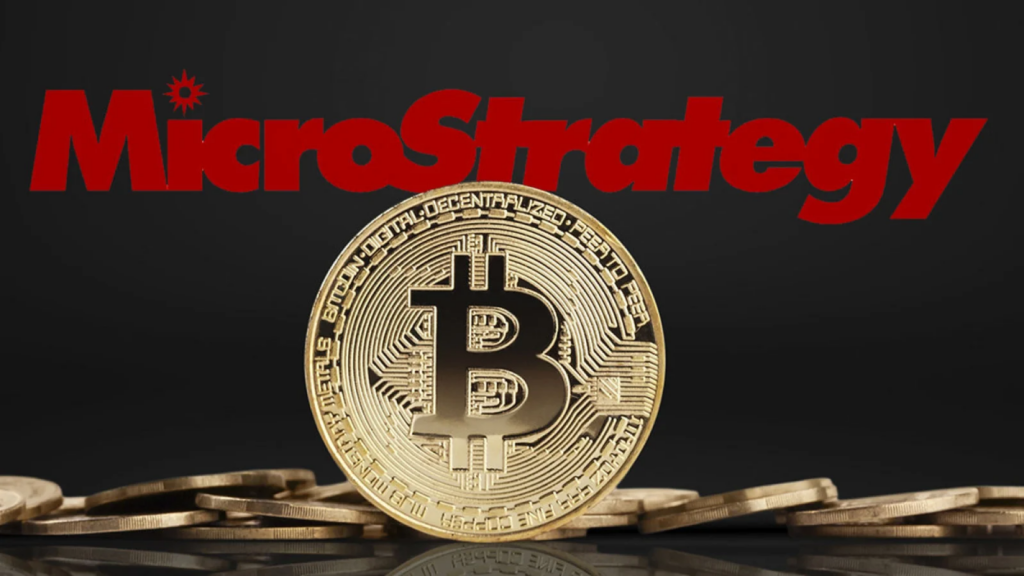Uniswap V4 enters test phase
On March 22, 2025, Uniswap Labs officially launched the Uniswap V4 public testnet on Ethereum’s Holesky test network. This version introduces a set of groundbreaking changes that aim to improve the performance, flexibility, and cost-efficiency of the most popular decentralized exchange (DEX) in the world.
The launch of Uniswap V4 is timed to align with Ethereum’s upcoming hard fork, known as “Cancun-Deneb”, which brings key improvements to Ethereum’s scalability—particularly through proto-danksharding (EIP-4844).
Key features of Uniswap V4
The biggest innovation in V4 is the introduction of “hooks” – a powerful new feature that allows developers to customize pool behavior. Hooks enable use cases like:
Dynamic fees
On-chain limit orders
Automated liquidity strategies
Real-time asset management
These additions make Uniswap V4 highly modular, allowing developers to build custom logic directly into liquidity pools, turning them into programmable DeFi applications.
Another significant upgrade is the Singleton architecture, which consolidates all pools into a single smart contract, making transactions cheaper by reducing gas usage by up to 15–25%.
Community governance and testing
The testnet launch allows developers and users to explore the new features, give feedback, and propose improvements before the full mainnet deployment. Uniswap Labs has also emphasized that this version was built with extensive community input, including dozens of governance discussions and GitHub contributions over the past several months.
In addition to technical improvements, V4 is expected to introduce better governance tools and more transparent fee structures.
Why this matters for DeFi
Uniswap is not just a trading platform—it is a backbone of decentralized finance. With over $3 billion in total value locked (TVL) and billions in weekly trading volume, any changes to its infrastructure impact the broader DeFi ecosystem.
By allowing more control over liquidity pools and reducing costs, V4 aims to attract both retail and institutional players looking for programmable, efficient, and permissionless trading environments.
What’s next?
The full deployment of Uniswap V4 on Ethereum’s mainnet is expected to happen shortly after the Cancun-Deneb upgrade, projected for Q2 2025. In the meantime, developers and users are encouraged to test the platform and participate in shaping its final form.
Conclusion: Uniswap V4 sets a new standard for DeFi innovation
With the launch of its V4 testnet, Uniswap is pushing the boundaries of what decentralized exchanges can do. Through customizable logic, reduced gas fees, and better infrastructure, Uniswap is paving the way for a more advanced and inclusive financial future on the blockchain.





